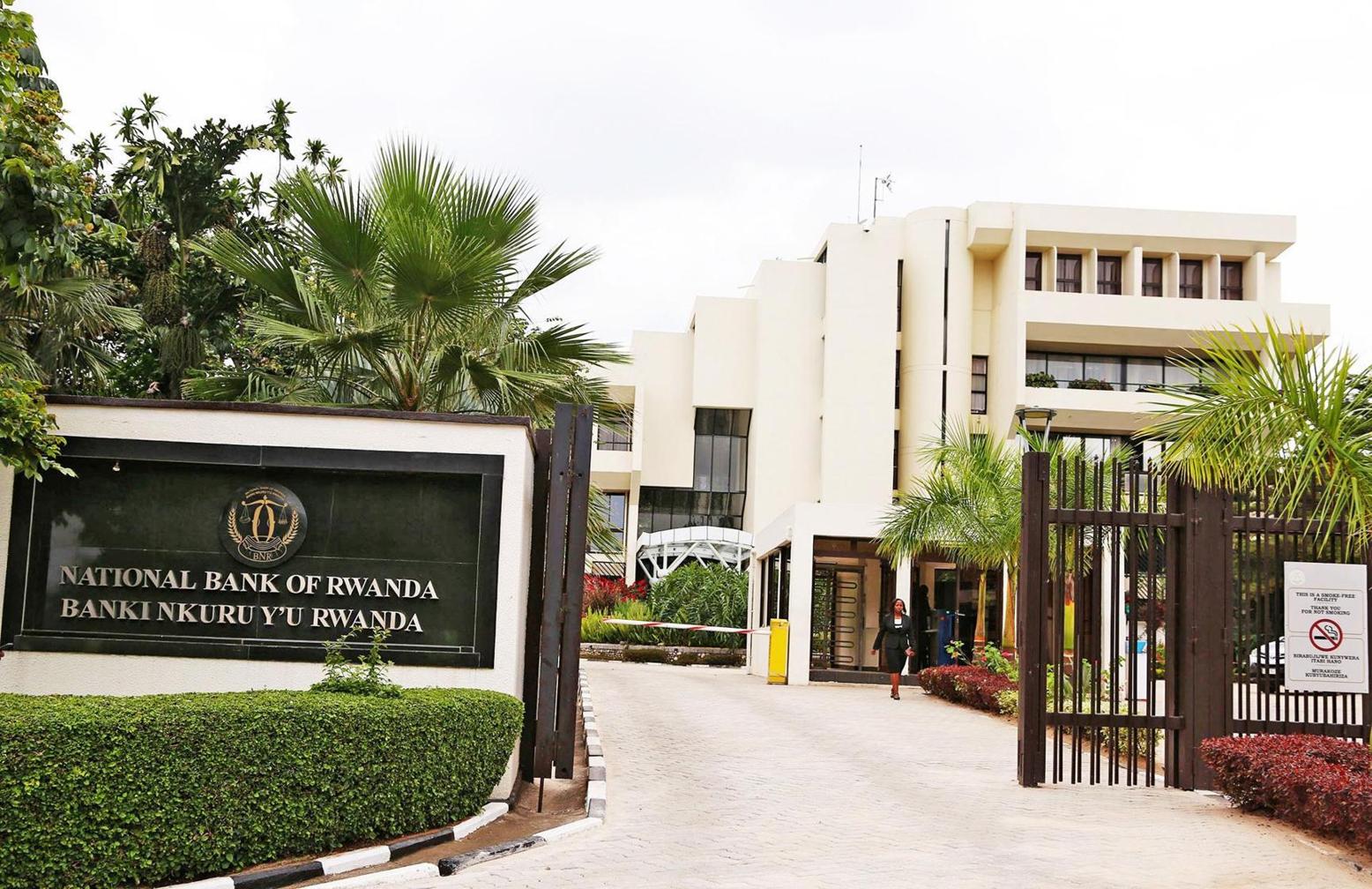Africa-Press – Rwanda. Back in the 1920s, a farmer exchanging his crops for a sheep at the market would not have guessed that today there would be paper and coin currency as a form of payment. Now it may be equally hard to imagine a world in which no physical cash changes hands, yet financial transactions are safe and secure. This is the kind of cashless, digital economy that many foresee.
Indeed, if Rwanda wants to streamline its financial system and position itself as an important player in the future global economy, it should systematically assess and take the steps needed to develop its own national Central Bank Digital Currency (CBDC). A CBDC would offer Rwandans a safe, free, and easy alternative to cash. It would expand financial inclusion by enabling more of the unbanked population to participate in the formal economy. And, as cybercurrencies enter wider global use, it would enable the government and private companies to participate in international trade and the buying and selling of digital assets more seamlessly.
But to many Rwandans, the concept of a CBDC remains abstract, as irrelevant as a Rwandan franc was to a 19th century sheep herder. Therefore, the government must ensure that the Rwandan people understand digital currency, are involved in the formulation of digital currency policy, and have full access to the digital technology necessary for using a CBDC.
A CBDC is like the ordinary money issued by a country’s central bank. For example, the Sand Dollar, the first nationwide central bank digital currency (CBDC) in the world, launched in the Bahamas in October 2020 as a ‘Safe & Easy Alternative to Cash’. Like cash, it is issued by the Central Bank of The Bahamas through authorized financial institutions.
China has launched the digital yuan and the British government has asked its central bank to look in to launching a digital currency, nicknamed the Britcoin, to co-exist with Sterling. In Latin America, El Salvador declared Bitcoin as legal tender. The Bank of France has successfully completed an experiment involving use of CBDC to settle listed securities…and in Africa, the Nigerian and Tanzanian governments are also keen to introduce digital currency.
What differentiates digital currency from the electronic currency currently in most bank accounts is that it never takes physical form. Right now, you could go to an ATM and turn an electronic record of your money into physical money. Digital currency, however, is simply stored in a computer network and exchanged via digital means.
Some big commercial players are pushing adoption of digital currencies. For example, PayPal now allows its consumers to use their cryptocurrency holdings to pay at millions of its online merchants globally. Meanwhile Diem, Facebook’s cryptocurrency project (formerly known as Libra), is set to launch its US dollar stablecoins this year. Mastercard and Visa are also embracing crypto.
As the National Bank of Rwanda considers introducing a CBDC, it must lay a groundwork of acceptance by assessing digital literacy and infrastructure; conducting nationwide research to understand current attitudes toward a CBDC; and learn from already established CBDCs about the policies needed to offer safe and efficient payments systems. The Bank should also conduct stress tests regarding payment habits to ascertain how a CBDC would perform in extreme situations such as the coronavirus pandemic.
Web scrapping and desk review at the Accelerator Lab of the United Nations Development Programme (UNDP) in Rwanda shows a sharp decline in the use of cash in payment of goods and services in Rwanda since the outbreak of COVID pandemic. Similarly, Researches conducted and data from the National Bank of Rwanda (BNR) & Rwanda Utility Regulation Agency (RURA) shows sharp increases in digital transactions. Transaction 197,684,330 in Q1 to 227,107,908 in Q2 2021 with values in FRW million 2,441,046 and 2,728,916 respectively suggest that Rwandan citizens may embrace use of a well-regulated CBDC.
To be sure, there is plenty of room for problems with digital currency. For example, although a CBDC could help prevent corruption—as electronic payments are more traceable than cash—we also know that cryptocurrencies can be vulnerable to cyber-attacks that can cost dearly if not properly managed. As such, Central Banks are right to proceed thoughtfully. It’s important to clearly establish the advantage of the new way before doing away with the old.
To achieve a reliable and trustworthy CBDC, Rwanda’s Central Bank and the Government of Rwanda must establish the legal and policy frameworks needed to facilitate transparency, distribution, and monitoring of Rwanda’s digital currency. Partnership with the private financial sector and development partners will also be invaluable.
A CBDC will not become the sole, or even major, form of currency overnight. Any introduction should be phased, allowing it to exist alongside cash as all of society makes the necessary adjustments.
One approach could pilot the CBDC through the Rwanda stock exchange. It could also be introduced into trade through the African Continental Free Trade Area (AfCFTA). Within international trade, a CBDC has the advantage of not being subject to the exchange rates, interest rates, or other levies imposed by countries and third-party banks, as is the case in the traditional banking.
The adoption of a CBDC by both the Rwandan people and in the financial markets could be a driving force toward achieving the country’s goal of 100% financial inclusion by 2024 and its aspiration to reach Middle Income Country status by 2035 and High Income Country status by 2050.
Maurice Muhiza RWAMIGABO is Head of Exploration & Coordinator at the Accelerator Lab of the United Nations Development Programme (UNDP) in Rwanda






